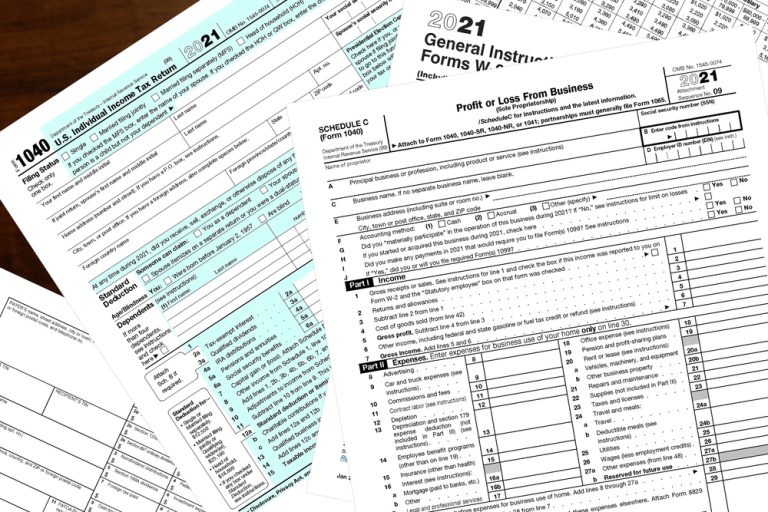Florida Passes Insurer Accountability Act: Stricter Compliance and Claims Handling Standards for Insurance Carriers
Florida Passes Insurer Accountability Act: Stricter Compliance and Claims Handling Standards for Insurance Carriers
The Florida Legislature passed the “Insurer Accountability” Act into law this week, which will take effect July 1, 2023. Known as Senate Bill 7052 (the “Act”), the new law creates comprehensive new insurance coverage and claims handling standards for insurance companies and empowers state officials at the Office of Insurance Regulation (“OIR”) to further regulate the insurance industry. The bill comes in the wake of several other notable property insurance reforms enacted in Florida over the last two years, as well as the comprehensive “Tort Reform” bill passed in March. As such, it is essential that insurance carriers remain up to date on their responsibilities towards insureds and the OIR to ensure full compliance with Florida’s evolving insurance market.
Changes to insurance coverage
The Act contains several provisions designed to increase protection for insureds. Some of these changes include:
- Prohibiting insurers from cancelling residential property insurance policies until 90 days after repairs are completed;
- Preventing insurers from cancelling property insurance policies during any pending claim until the earlier of when the property has been repaired or 1 year after the insurer issues final claim payment;
- Requiring Citizen’s Property Insurance Corporation to cover property with open claims being handled by the Florida Insurance Guaranty Association (“FIGA”);
- Mandating that insurers who violate the insurance code obtain prior OIR approval of forms for a period of three years after the violation;
- Preventing insurers from applying any other deductible under the policy to any other loss caused by the same covered peril if a roof deductible is applied;
- Tolling the time period for filing claims for armed forces members who are deployed to a combat zone;
- Requiring insurers to provide consumer-friendly information on their website describing hurricane mitigation discounts available to insureds.
Together, these changes substantially alter the scope and extent of coverage an insurer is obligated to afford under a standard property insurance policy. Moving forward, insurance companies must monitor the status of repairs and pending claims before cancelling an insurance policy, closely track which deductibles have been taken after a covered loss, and take additional steps before denying a claim for late notice to verify the insured was not on deployment. These changes will also require insurance carriers to implement substantial new internal compliance mechanisms or risk fines and additional oversight from the OIR.
Changes to insurer claim handling procedure
The Act imposes new requirements on insurance companies during the claims handling process:
- Residential property insurers must create and use claims handling manuals which comply with the Insurance Code;
- Amending the Unfair Insurance Trade Practices Act by:
- Prohibiting insurers from altering an adjuster’s report without providing detailed rationale for changes made if the changes reduce the estimate of the loss. The insurer must also create a list of changes and who made the change, or retain all versions of the adjuster’s report;
- Preventing officers or directors of insolvent insurers from receiving a bonus from that insurer.
Given these changes, carriers should implement procedures to ensure that their claims handling manuals conform to Florida law. The Act has given OIR significant new powers to monitor insurer claims handling procedures. It will be essential for insurance carriers to formulate a process by which claims handling manuals are routinely evaluated and updated to conform to the Insurance Code and timely reported to the OIR.
Changes to regulatory oversight of insurers
The Act grants the OIR several enforcement mechanisms designed to mandate compliance with these new standards. New grants of authority include:
- The OIR may request insurer claims handling manuals at any time;
- Annually, residential property insurers must certify and attest that their claims handling manual complies with Florida law and that they maintain adequate resources to implement the requirements of their claim handling manuals (initially due on or before August 1, 2023 and annually thereafter on or before May 1);
- OIR may order an insurer to take certain actions in an effort to improve the insurer’s financial condition. This includes the establishment of a property insurer stability unit within the OIR, designed to detect and prevent insurer insolvency;
- Increasing maximum administrative fines that may be levied by the OIR on insurers by 250% generally, and by 500% for violations stemming from emergency situations such as a hurricane;
- Requiring insurers to respond promptly to the DFS Division of Consumer Services and increasing fines for noncompliance;
- Allowing the OIR to perform market conduct examinations of insurers after a hurricane, paid for by the subject entity;
- Requiring property insurers to report to the OIR any temporary suspensions of writing new insurance policies;
- Allowing insurance fraud referrals to be made to the statewide prosecutor for crimes affecting two or more judicial circuits;
- Requiring the OIR to submit an annual report to the House and Senate relating to insurer compliance.
These changes signal an increased need for insurance companies to work carefully with the OIR to ensure full compliance with regulatory standards. Going forward, insurers must implement mechanisms by which the reporting requirements to the OIR are promptly and accurately made. Insurance carriers should be mindful of these new reporting requirements and take steps to ensure internal processes are in place to meet these new legal requirements.









